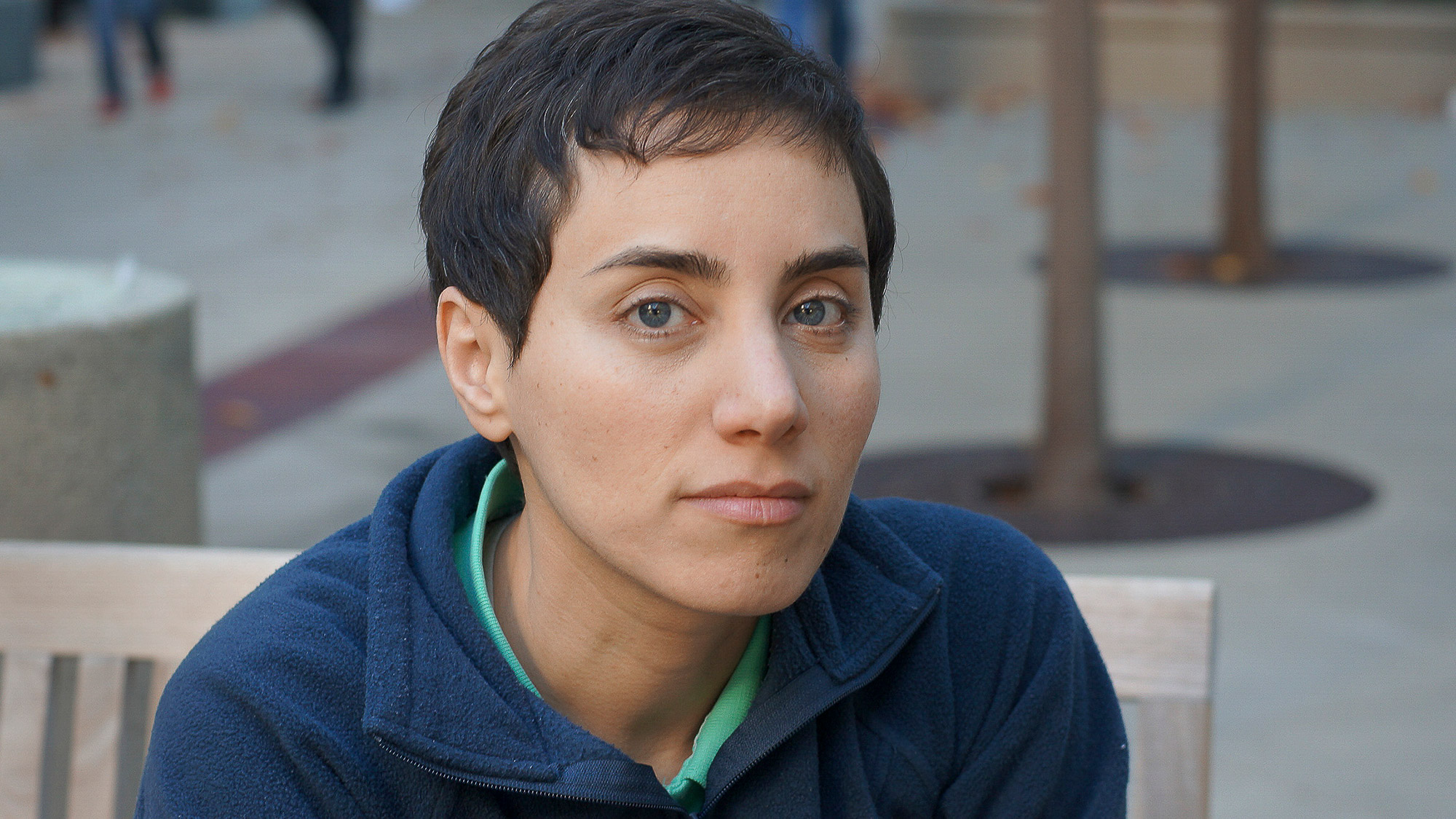Maryam Mirzakhani Won Math's Most Prestigious Medal Before She Died. Now There's a Prize in Her Honor.

A new prize was just founded to honor the late Maryam Mirzakhani, a brilliant Iranian mathematician who died of breast cancer in 2017. The $50,000 prize will go to outstanding young female mathematicians who are no more than two years out from earning their doctoral degrees.
"We hope that the Maryam Mirzakhani New Frontiers Prize will help inspire young women to pursue their calling for mathematics," said Richard Taylor, the chair of the selection committee for the Breakthrough Prize in Mathematics, which is awarding the money. "Recognizing some of the many aspiring women in mathematics is a fitting tribute to the beautiful intellect of Dr. Mirzakhani."
Mirzakhani was just 40 when she died, only three years after winning one of math's most prestigious prizes, the Fields Medal. Mirzakhani was the only woman to have ever won the prize, which is handed out to mathematicians under age 40. Mirzakhani's close collaborator, mathematician Alex Eskin of the University of Chicago, won a $3 million Breakthrough Prize this year for work he did in conjunction with Mirzakhani. The pair had worked out a theorem to explain some of the features of a geometric concept called moduli space. Mirzakhani was also well known for her work in understanding the geometry of spheres, doughnuts and other curved, three-dimensional shapes, according to Stanford University, where she was a professor.
Mirzakhani was born in Tehran and in high school became the first female ever to compete on Iran's International Mathematical Olympiad team, according to her Stanford University obituary. She won gold medals in that competition in 1994 and 1995. She attended Harvard University for graduate school and solved two long-standing mathematical problems in her doctoral thesis.
The $50,000 prize money may be split between two or more individual mathematicians. Details on eligibility for the Maryam Mirzakhani New Frontiers Prize will be available on the Breakthrough Prize website.
- The 11 Most Beautiful Mathematical Equations
- 12 Amazing Women Who Totally Rocked at Science
- Nobel Prize in Physics: 1901-Present
Originally published on Live Science.
Sign up for the Live Science daily newsletter now
Get the world’s most fascinating discoveries delivered straight to your inbox.

Stephanie Pappas is a contributing writer for Live Science, covering topics ranging from geoscience to archaeology to the human brain and behavior. She was previously a senior writer for Live Science but is now a freelancer based in Denver, Colorado, and regularly contributes to Scientific American and The Monitor, the monthly magazine of the American Psychological Association. Stephanie received a bachelor's degree in psychology from the University of South Carolina and a graduate certificate in science communication from the University of California, Santa Cruz.










